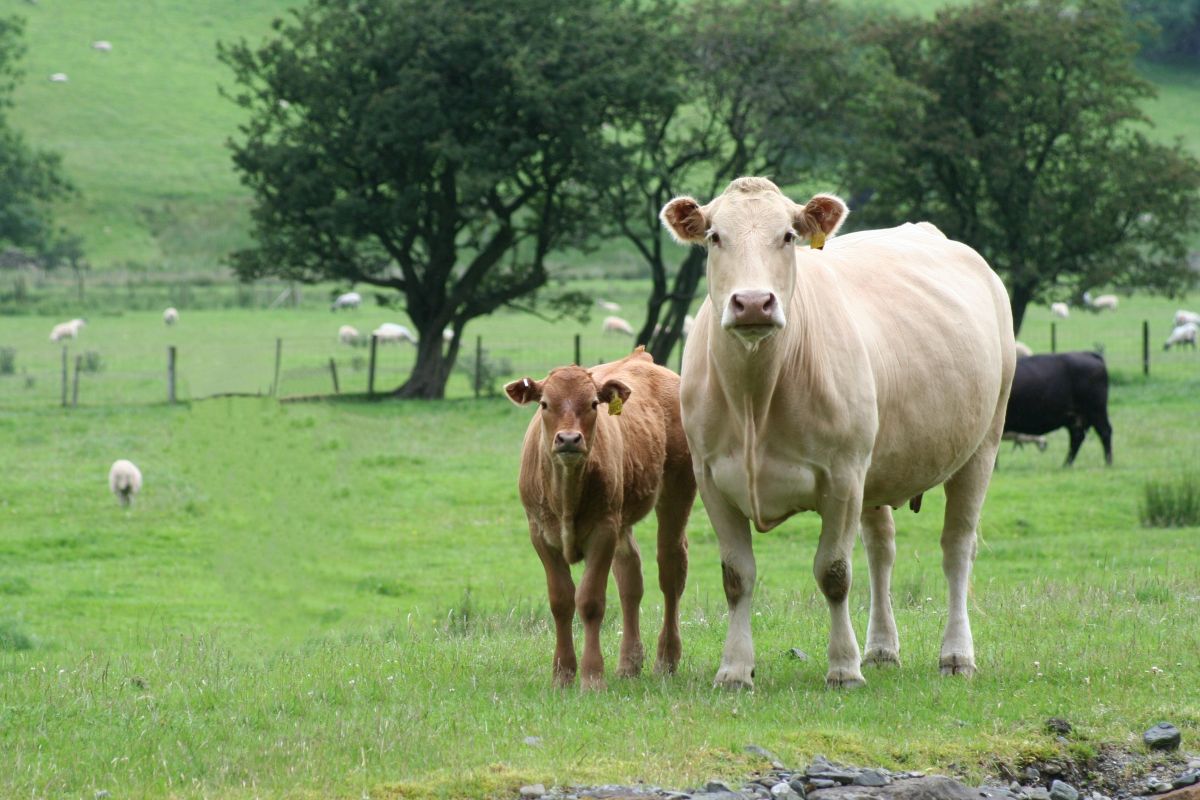Carbon audits begin as part of Beef Efficiency Scheme

Farmers participating in the Scottish Beef Efficiency Scheme (BES) will have to undertake a carbon audit.
Farming union NFU Scotland believes that farmers and crofters will begin to receive their first BES payments in October following almost two years of calf genomic sampling and recording data on calf performance.
The Carbon Audit will look at a participant’s whole business, not just their beef enterprise, and will then allow farmers to produce a management change that they would like to make to reduce their carbon footprint.
The objective of the Beef Efficiency Scheme is to assist in the development of a farmer's suckler herd to become as efficient as possible.
Increasing efficiency will reduce the emissions from beef production and also improve overall herd profitability making the herd more sustainable both economically and environmentally.
It is a five-year scheme which will contribute to a range of improvements focusing on cattle genetics and management practice on-farm.
NFU Scotland Vice President Martin Kennedy, who undertook his Carbon Audit last week, said: “It’s important to stress that while the scheme requires me to produce three management changes I don’t have to achieve them as part of the scheme, and only one of these has to be produced during the Carbon Audit.
“For example, I could produce management decision that I want to move to rotational grazing, but if I get a run of awfully wet years that stand in the way of what I want to do there won’t be any blow back on payments through the scheme.
“Like others I was frustrated with the scheme last year when I received tissue sampling tags long after I had sold the calves in question, but separating the calf sampling issue from the advisory services portion of the scheme I was generally happy with how my visit went.”








